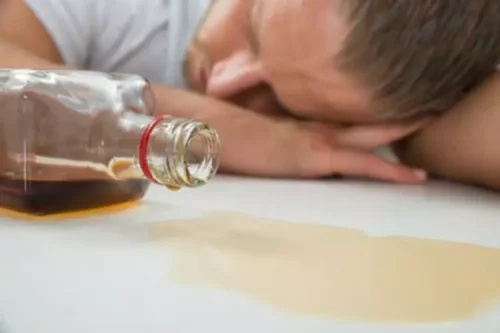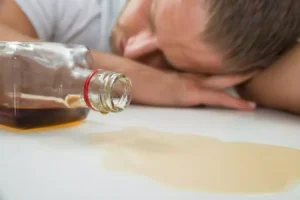
Severe withdrawal can lead to serious complications, including delirium tremens, which is life-threatening and requires immediate medical attention. To address night sweats caused by alcohol consumption, one approach is to manage and reduce alcohol intake. Alcohol consumption can have various effects on the body, including its impact on body temperature and heart rate. These factors play a role in understanding why alcohol can lead to night sweats.
Expert Guide on How to Help an Alcoholic
Prolonged heavy drinking can result in inflammation and scarring of the liver, leading to various liver diseases. It is important to prioritize liver health and consult a healthcare professional for proper diagnosis and treatment. A doctor can provide a comprehensive evaluation and diagnosis to determine the underlying causes of night sweats and assess any potential alcohol-related issues. They can also offer guidance and support for safe alcohol cessation if withdrawal symptoms are present.
The Three Krokodil Effects Exposed

This might involve learning relaxation techniques such as deep breathing or meditation, or finding physical activities that release tension and boost your mood, such as yoga or running. Deciding to cut back or quit drinking alcohol can be difficult, but it’s a powerful step towards improving your physical and mental health. Whether you are looking to reduce your alcohol consumption or quit altogether, there are steps you can take.

CBD vs. THC – Understanding the Distinctive Features
Get in touch with an admission therapist today to embark on your path to recovery immediately. Alcohol abuse can weaken the immune system, increasing susceptibility to various diseases such as pneumonia and tuberculosis. Chronic drinkers are particularly vulnerable to heroin addiction infections, with their bodies struggling to combat illnesses, especially within 24 hours post-intoxication 4.
- One primary reason why alcohol causes night sweats is its impact on the body’s ability to regulate temperature.
- You’ll meet millions of fellow Reframers in our 24/7 Forum chat and daily Zoom check-in meetings.
- Discover how long does it take to break an addiction, and the strategies that can expedite recovery.
- It’s crucial for individuals experiencing alcohol withdrawal to seek professional help, especially when symptoms are severe.
- Alcohol addiction is the compulsive need to drink, regardless of the consequences.
- This can be challenging, as it requires an individual to recognize and accept their drinking patterns may be problematic or harmful.
- Alcohol affects the central nervous system and can have an impact on heart rate.
- This process can trigger the body’s thermoregulatory response, resulting in excessive sweating, even during sleep.
Medically-supervised detox is crucial for managing alcohol withdrawal safely. Treatment involves medications like why does alcohol make me sweat benzodiazepines to ease symptoms like sweating while monitoring vital signs. Counseling and therapies then address the psychological addiction for lasting recovery.
- Most hangovers only last a few hours, but some can last for upwards of 2 days.
- Limiting alcohol intake and taking antihistamines to relieve symptoms are also recommended.
- This condition, known as alcohol intolerance, may be due to a lack of aldehyde dehydrogenase, an enzyme necessary to break down alcohol.
- Alcohol consumption can lead to a temporary increase in body temperature.
- Most of the alcohol you consume is broken down into byproducts through metabolism within your body.
Impact on Health and Well-being

It’s essential to distinguish alcohol intolerance from addiction, as the former is a response to the body’s difficulty in breaking down alcohol rather than a psychological dependency. If you experience severe sweating that does not subside, seek help from a licensed medical professional. Also, some people drink alcohol as a coping mechanism to deal with social anxiety.

